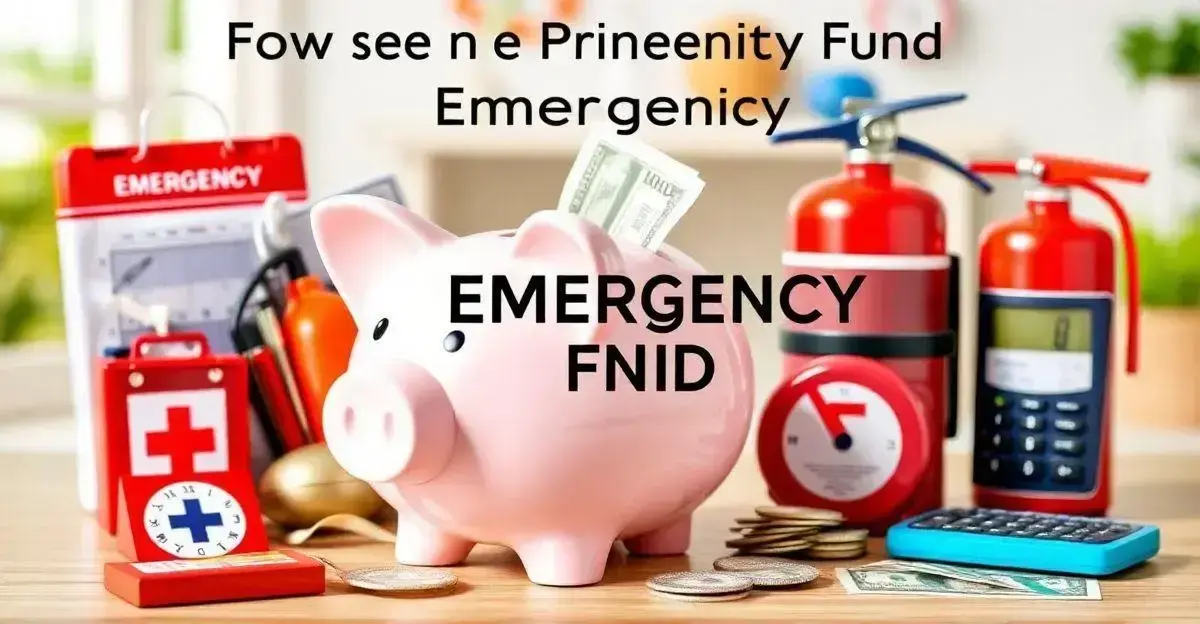Índice
How to save money is a critical question for many individuals seeking financial stability.
By understanding your spending habits and implementing strategic changes, you can significantly boost your savings.
Understanding Your Current Financial Situation
Understanding your current financial situation is essential for planning your future and finding ways to save money. Start by listing all your income sources, including your salary, bonuses, and any additional earnings.
Next, create a detailed breakdown of your expenses. Include fixed costs like rent, utilities, and transportation, as well as variable expenses such as groceries and entertainment. Subtract your total expenses from your total income to calculate your net income. This will highlight how much money you have left each month and reveal areas where you can cut costs to save money more effectively.
Using a budgeting app can help track your spending patterns and provide valuable insights into where most of your money goes. Understanding your financial habits empowers you to make informed decisions about saving and investing for a secure future.
Setting Realistic Savings Goals

Setting realistic savings goals is crucial for effective financial planning and helps you save money more efficiently. Begin by identifying your short-term and long-term objectives. Short-term goals might include saving for a vacation or gadget, while long-term goals often involve larger investments like buying a home or building retirement funds.
Determine the exact amount you need to save for each goal. For instance, if you plan to save R20,000 for a holiday in two years, divide that by 24 months to calculate your monthly savings. This method makes your goals more manageable and ensures you stay on track to save money effectively.
Base your savings plan on your monthly budget, factoring in your income and fixed expenses. Adjust your plan as needed to reflect changes in your financial situation. Using a savings app can help you monitor progress and stay motivated. Setting SMART goals—Specific, Measurable, Attainable, Relevant, and Time-bound—further increases your chances of success.
Strategies for Reducing Your Monthly Expenses
Reducing monthly expenses is essential for improving financial health. Start by reviewing your spending habits and identifying non-essential costs, such as dining out or expensive subscriptions. Replace these with affordable alternatives or cut them out entirely.
Create a budget that aligns with your financial goals, prioritizing needs over wants. Budgeting apps can help you monitor spending and stay on track with your plan.
Negotiate bills with service providers for lower rates or switch to more affordable options for services like internet, phone, or insurance. Small changes can add up to significant savings.
Plan grocery shopping carefully by creating a list and avoiding impulse purchases. Shop on a full stomach and take advantage of discounts and coupons to lower your grocery expenses.
Regularly review your financial situation to identify new ways to save. Small, consistent adjustments can lead to substantial long-term savings, helping you achieve greater financial stability.
Tips for Smart Grocery Shopping

Smart grocery shopping can help you save a significant amount of money each month. Start by making a grocery list before you shop. This helps you avoid impulse purchases and stick to your budget. Include all the items you really need and try to shop according to this list.
Another great tip is to plan your meals for the week. This way, you will know exactly what ingredients to buy. Meal planning also reduces food waste, as you will be using what you buy effectively.
Don’t forget to check for store promotions and discounts. Many supermarkets have weekly ads featuring sales on various items. Take advantage of these sales to stock up on products you use regularly.
Buying in bulk can also be a smart choice, especially for non-perishable items. However, ensure you will consume the items before they go bad, or else you could waste money.
Lastly, consider using coupons and cashback apps to save more. These tools can provide additional savings on your grocery bills, helping you stretch your budget.
Ways to Save on Utilities and Bills
Saving on utilities and bills can significantly impact your monthly budget and help you save money. Start by being mindful of energy consumption. Switch to energy-efficient appliances and light bulbs, and unplug devices when not in use to reduce phantom loads.
Regularly check your utility bills for errors to ensure you’re not overcharged for unused services. If discrepancies arise, contact your provider for clarification. Comparing providers is another way to save money—switching to more affordable options for electricity or internet services can lower costs.
For water bills, inspect your plumbing for leaks. Fixing a dripping faucet or other small repairs can prevent unnecessary expenses. Using a budgeting app to track utility spending can further help you identify savings opportunities and manage finances effectively.
The Importance of an Emergency Fund

The importance of an emergency fund cannot be overstated. This fund acts as a safety net during unexpected financial hardships, such as job loss or medical emergencies. Aim to save at least three to six months’ worth of living expenses to ensure you can cover your basic needs during tough times.
Start building your emergency fund by setting aside a small amount from each paycheck. Even R100 a month can add up over time. Choose a high-yield savings account to place your emergency fund, as it allows your money to grow while remaining easily accessible.
Keep your emergency fund separate from your regular savings to prevent overspending. This way, you will have quick access to funds when you really need them, without the temptation of dipping into it for everyday expenses.
Additionally, regularly review and adjust your fund based on your current financial situation and goals. As your life circumstances change, it’s essential to ensure your emergency fund stays adequate to cover your needs.
Having an emergency fund not only provides financial security but also reduces stress during emergencies. Knowing you have a backup plan can give you peace of mind and confidence to face unexpected challenges.
Finding Additional Sources of Income
Finding additional sources of income is crucial for financial stability and growth. Start by considering part-time jobs or freelance work that fits your skills and availability. Platforms like Upwork or Fiverr allow you to offer services in areas like writing, graphic design, or programming.
Another effective method is to monetise your hobbies. If you enjoy crafting, photography, or baking, explore selling your creations online or at local markets. This not only brings in extra cash but also lets you pursue your passions.
Real estate can also be a viable income source. If you have a spare room, consider renting it out on platforms like Airbnb. Alternatively, look into long-term rentals if you own additional property.
Investing in the stock market or mutual funds can generate passive income, though it’s important to research and understand the risks involved.
Finally, teaching or tutoring in your area of expertise can be rewarding both financially and personally. Whether it’s through online platforms or local classes, teaching others can be a fulfilling way to earn extra income.
Frequently Asked Questions about Saving Money
Why is having an emergency fund important?
An emergency fund provides financial security during unexpected events such as job loss or medical emergencies.
How can I effectively reduce my monthly expenses?
You can reduce expenses by creating a budget, identifying non-essential costs, and shopping smartly.
What are some tips for smart grocery shopping?
Make a grocery list, plan meals ahead, and look for discounts to save money on groceries.
How can I find additional sources of income?
Consider part-time jobs, freelancing, or monetising your hobbies to generate extra income.
What strategies can I use to set realistic savings goals?
Setting specific, measurable, and time-bound goals will help guide your savings efforts.
Are there any tools to help track my savings?
Budgeting apps can help you monitor your savings and keep track of your financial progress.
